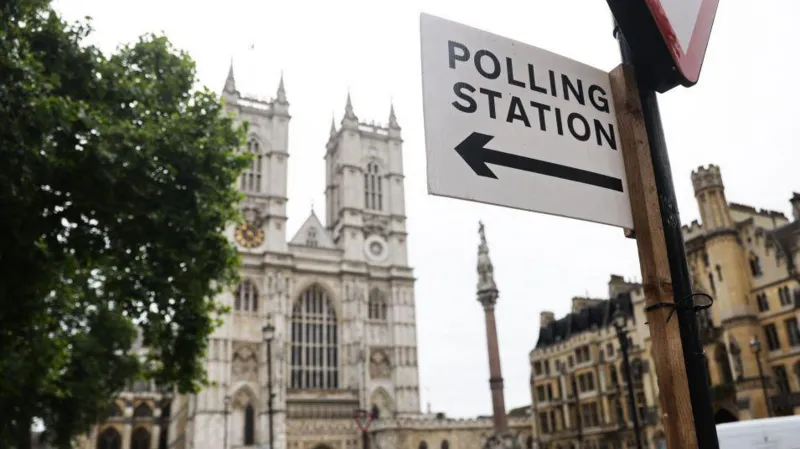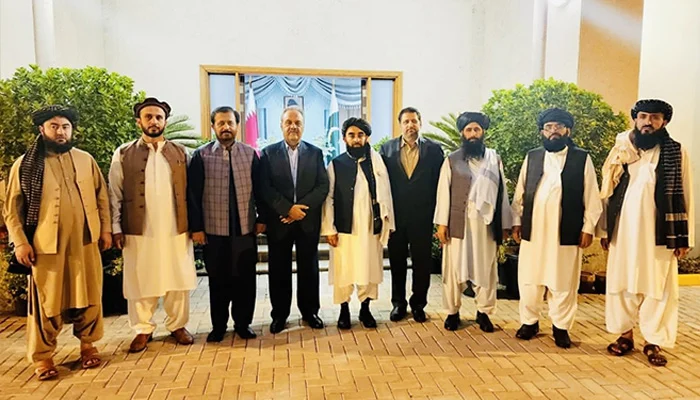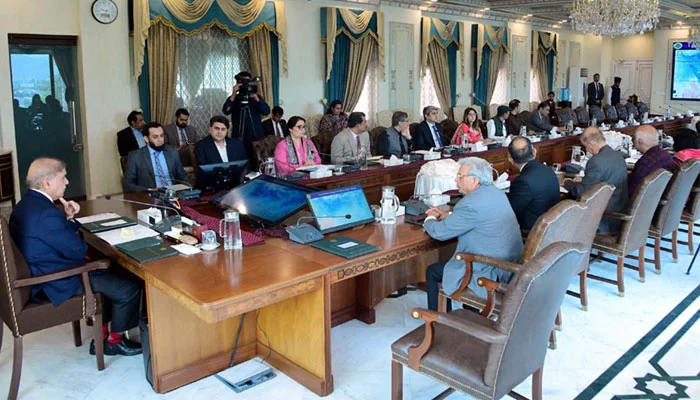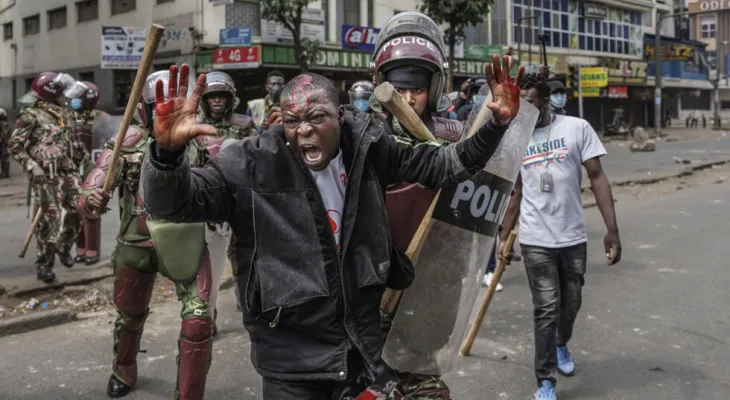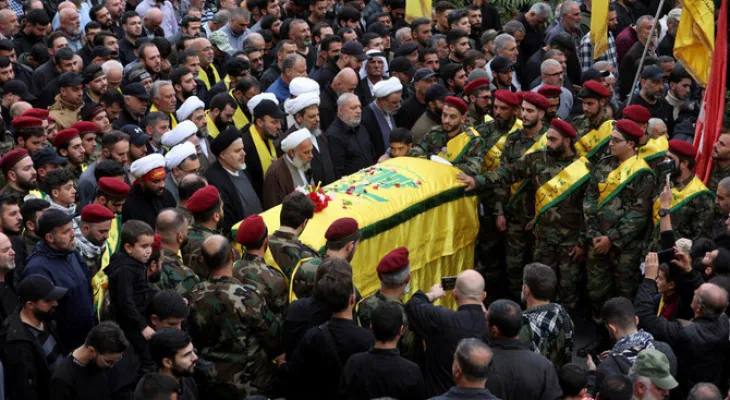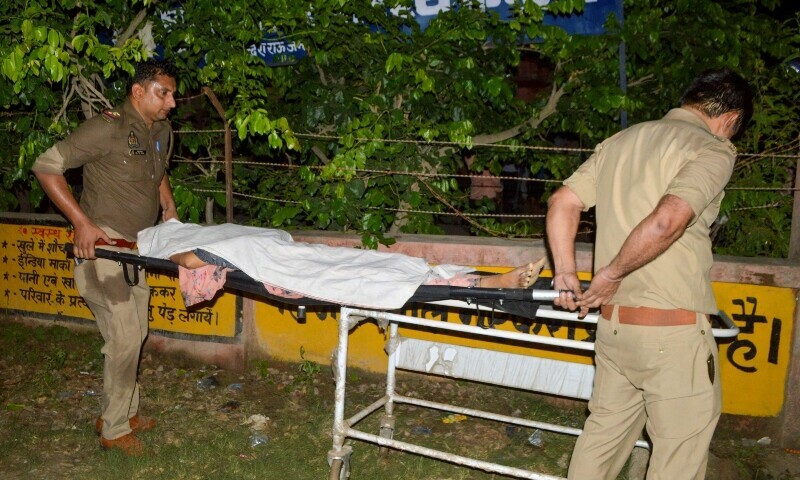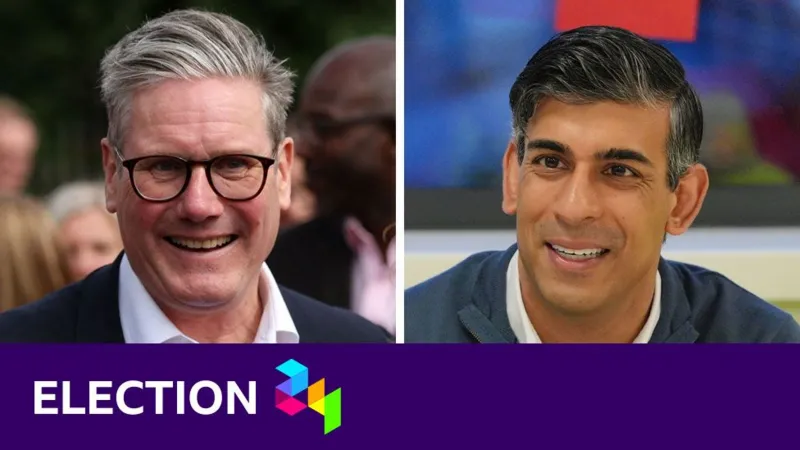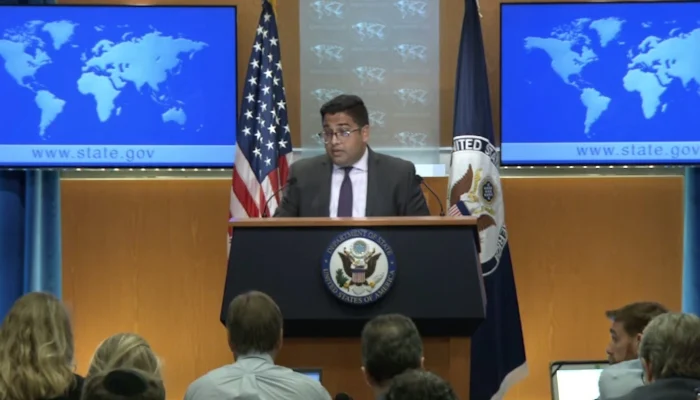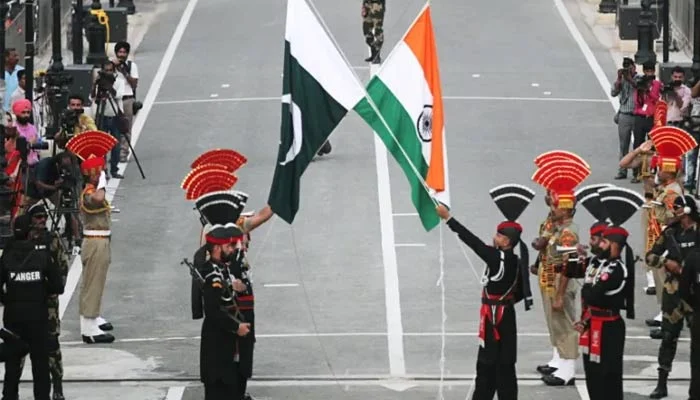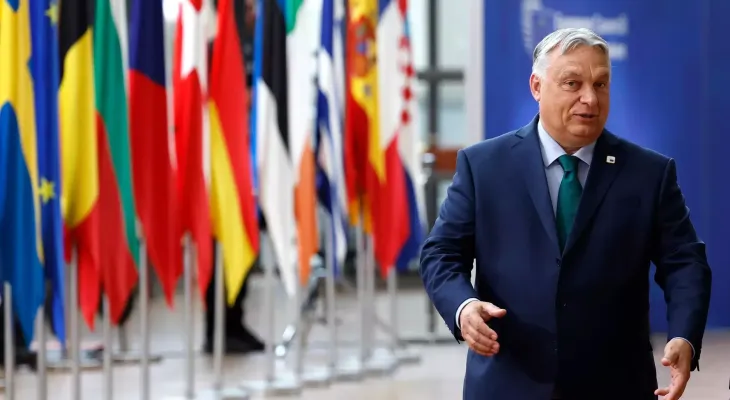Polling stations, set up in buildings like local schools and community halls, will be open between 07:00 and 22:00 BST on Thursday.
Around 46 million voters are eligible to elect 650 members of Parliament to the House of Commons.
The results for each area, or constituency, will be declared through the night and into Friday morning.
Political parties are looking to win more than half the seats, 326, in order to form a majority government.
The election, called by Prime Minister Rishi Sunak in May, is taking place under new constituency boundaries following a scheduled review to take account of changes in population.
The new boundaries, based on voter registration figures, have seen England receive an additional 10 MPs, taking its total seats to 543.
The number of seats in Wales has dropped by eight to 32 seats, with the total for Scotland falling from 59 to 57. Northern Ireland stays the same with 18.
Anyone aged 18 or over can vote, as long as they are registered and a British citizen or qualifying citizen of the Commonwealth or Republic of Ireland. Registration closed on 18 June.
Following a legal change in 2022, an estimated two million British citizens who have been living abroad for more than 15 years were able to register to vote.
This is also the first general election at which voters in England, Wales and Scotland will have to show photo ID to vote in person.
There are 22 acceptable forms of ID, including passports, driving licences, older or Disabled Person’s bus passes, and Oyster 60+ cards.
There are nine valid forms of ID to vote in Northern Ireland, where voters have had to show photo ID since 2003.
Alternatively, those registered to vote without the correct ID were able to apply for a free document called a voter authority certificate.
Voters in England, Scotland and Wales whose ID is lost or stolen after the deadline can apply for an emergency proxy vote, up until 17:00 on polling day, to allow another registered voter to cast a vote on their behalf.
Many people will have already voted for their favoured candidate in their constituency by voting by post.
Those who applied for a postal vote but have yet to return it can hand it into their local polling station by the close of polls at 22.00 BST.
Alternatively, they may also be able to hand it in to their local council office during office hours.
The BBC, like other broadcasters, is not allowed to report details of campaigning or election issues while polls are open.
On polling day, the BBC does not report on any of the election campaigns from 06:00 BST until polls close at 22:00 BST on TV, radio or bbc.co.uk, or on social media and other channels.
However, online sites do not have to remove archived reports, including, for instance, programmes on iPlayer.
The lists of candidates, as well as the manifesto guides, remain available online during polling day.


